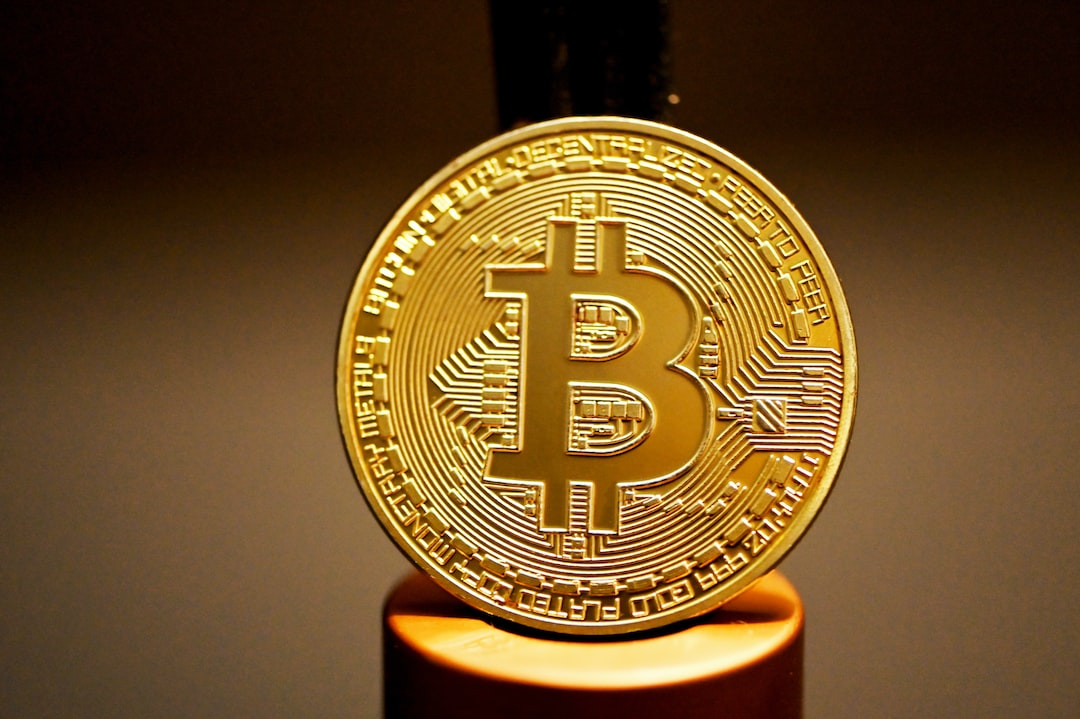Brad Garlinghouse Ready to Take Ripple-SEC Legal Battle to Supreme Court
During an interview at the DC Fintech Week event, Brad Garlinghouse, the CEO of Ripple, expressed readiness to take the legal battle with the U.S. Securities and Exchange Commission (SEC) over XRP to the Supreme Court. Since the SEC filed a lawsuit in 2020, Ripple has incurred over $150 million in legal expenses due to allegations that its method of raising funds through the sale of XRP tokens was executed without necessary registration as securities.
Significant Developments in Legal Conflict
Bloomberg highlights a significant development when a federal judge ruled that XRP sales on exchanges did not constitute investment contracts, seen as a limitation to the SEC’s jurisdiction. Despite this, Ripple is determined to continue the legal fight with a possibility of settling in the future. The SEC has sought to dismiss parts of its lawsuit against Ripple’s co-founders and may appeal the judge’s July ruling.
Ripple’s Strategic Partnership with RocketFuel
RocketFuel announced a strategic partnership with Ripple, enhancing its transactional infrastructure by integrating advanced payment technology for fiat currency transfers to international merchants. This collaboration aims to streamline checkout processes and provide new sales channels for merchants while safeguarding user security and privacy. RocketFuel CEO Peter Jensen participated in Ripple’s Swell conference in Dubai, discussing the transformative potential of Ripple’s technology in current payment processes.
Hot Take: What Lies Ahead for Ripple and SEC?
The legal battle between Ripple and the SEC is poised to escalate as Ripple expresses willingness to take it all the way to the Supreme Court. The outcome of this battle will have significant implications on how digital assets are regulated by the SEC. Additionally, Ripple’s strategic partnership with RocketFuel signals a potential transformation in payment processes and international transactions. As both developments unfold, they are set to reshape the future landscape of cryptocurrency regulation and global payments.





 By
By
 By
By
 By
By

 By
By
 By
By